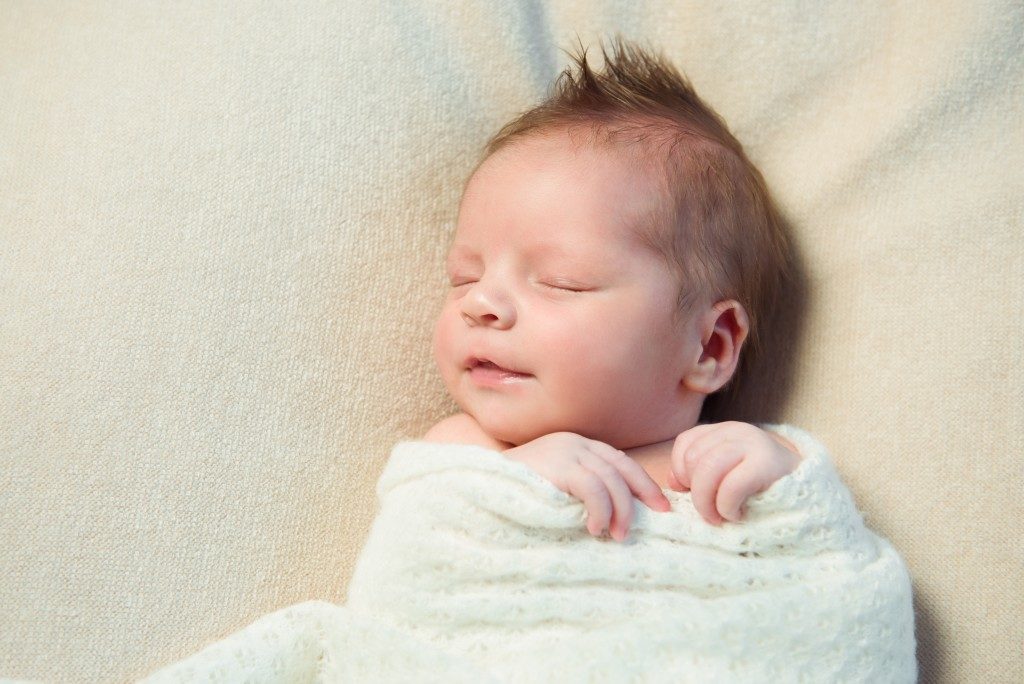After the “Congratulations!” and “Well-done!” from family and friends have died down, the reality of your situation hits you—you’re now a parent. Your newborn’s well-being is solely dependent on you and your spouse, and you’re both clueless as to what to do.
Your baby’s first 30 days at home is crucial. At this point, you’d have read all that you could about baby care—or maybe not. Whatever the case, baby care is a balancing act.
Don’t fret. With these few tips and the best pediatric treatment clinic in Salem, you’ll both be transformed into super mom and dad.
Baby’s schedule
Prepare to live your life not according to your schedule, but your baby’s. Anticipate this, so you or your spouse won’t get frustrated when your baby makes his or her demands known. Adjust accordingly—when the baby sleeps, try to get some sleep, too. Worst is when they cry at two in the morning and won’t sleep until five.
Feeding
Babies eat a lot. Nature has provided you with the right equipment, but getting it right the first time is easier said than done. Ask for advice from other parents. Look at the available technology to make this easier for you and your baby. First-time moms have rated sore nipples as a major nursing issue.
Sleeping
It is common that babies would sleep after feeding. An infant would sleep for an average of 16 hours a day, but not in one go. Their sleep patterns are erratic at best. When you thought you could finally binge watch that Netflix series you missed because your baby’s asleep, they’ll be up before you could flop down on the couch. Anticipate this—sleep deprivation during the first few months is inevitable.
All hands on deck
 Both parents should be involved, especially during these challenging times. Schedule when daddy can be on baby’s side so that mommy can have a little soak in the tub. Diaper changing routine in the early morning can be by scheduled, so both parents can get a better night’s rest.
Both parents should be involved, especially during these challenging times. Schedule when daddy can be on baby’s side so that mommy can have a little soak in the tub. Diaper changing routine in the early morning can be by scheduled, so both parents can get a better night’s rest.
First time out
The first time out with the baby need not be a challenge. Go to places that are baby-friendly. Avoid overly crowded places, such as weekend markets or downtown where your newborn might get shocked by the loud noise. In addition, pack that baby bag right. The trick is getting ready days beforehand. Keep a spare of everything. If you can, enlist the help of a friend or relative who has children and can help (and tutor) you on all the little but important things.
Baby’s first check-up
Ideally, your newborn should have his or her first checkup within 3 to 5 days after leaving the hospital. Your pediatrician would do a complete physical checkup to ensure that baby is growing up healthy. The next checkup is on the 30th-day, then at month 2, 4, 6, 9, 12, 15, 18 and 24, as recommended by the American Academy of Pediatrics.
Insanity check
You might think your world has turned upside down. No, it did not. The addition of a baby in your family is a blessing, and not a chore. Expect a lot of changes and accept it. Regular chores may be forgotten for the moment, but that’s fine. What’s important is to be able to attend to you and your baby’s needs.
Pediatric care is not rocket science, but it’s not a walk in the park either. Most of it will happen at home but with a trusted pediatric care facility, you’ll soon earn the title proud mom and dad.
